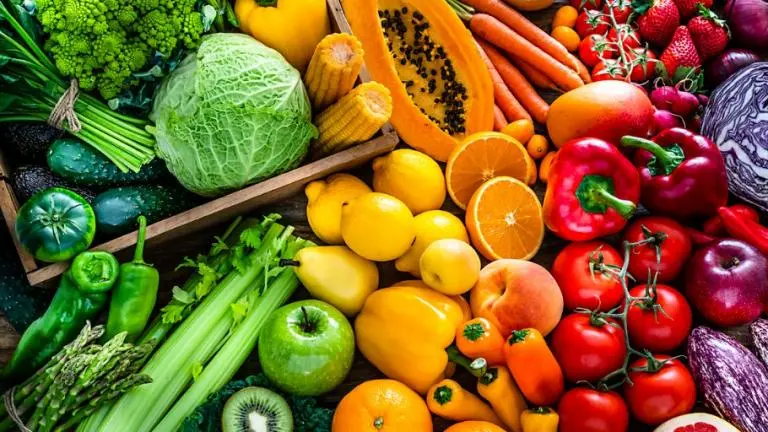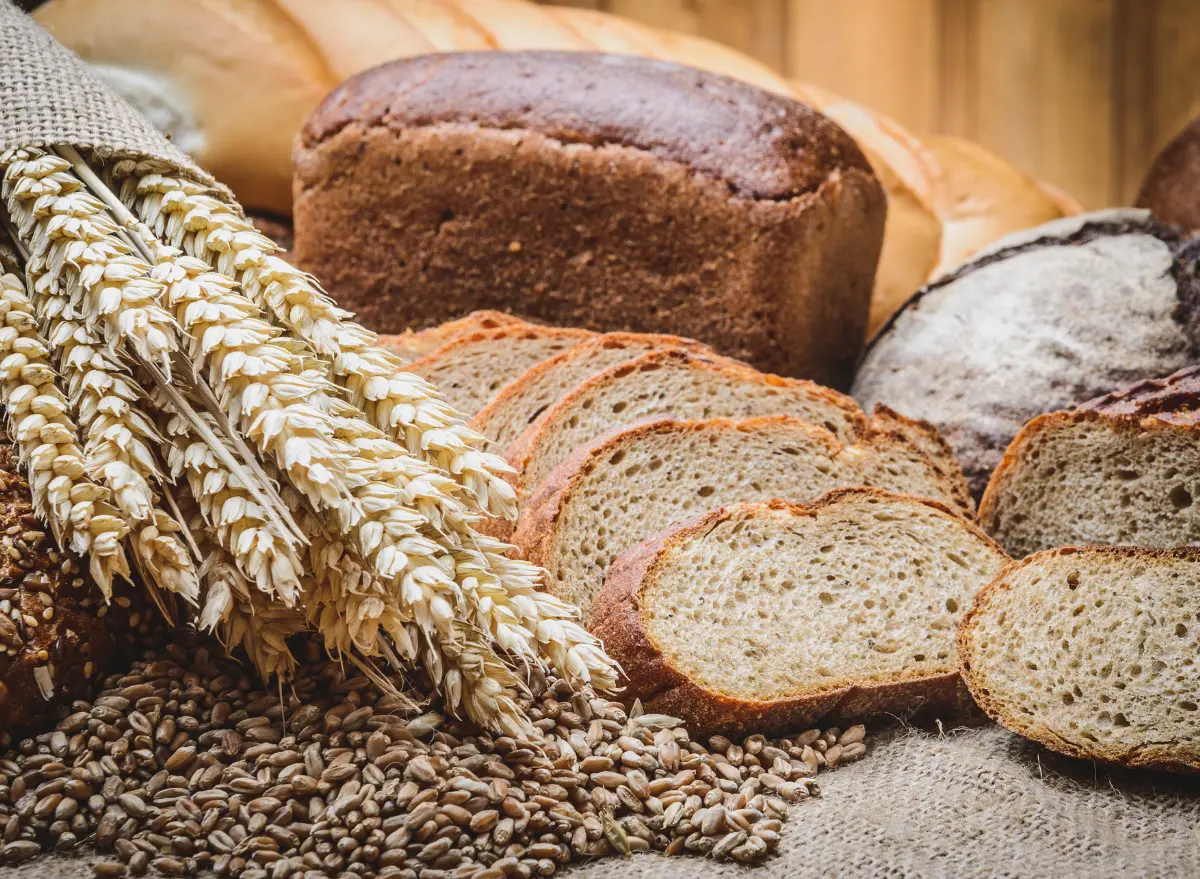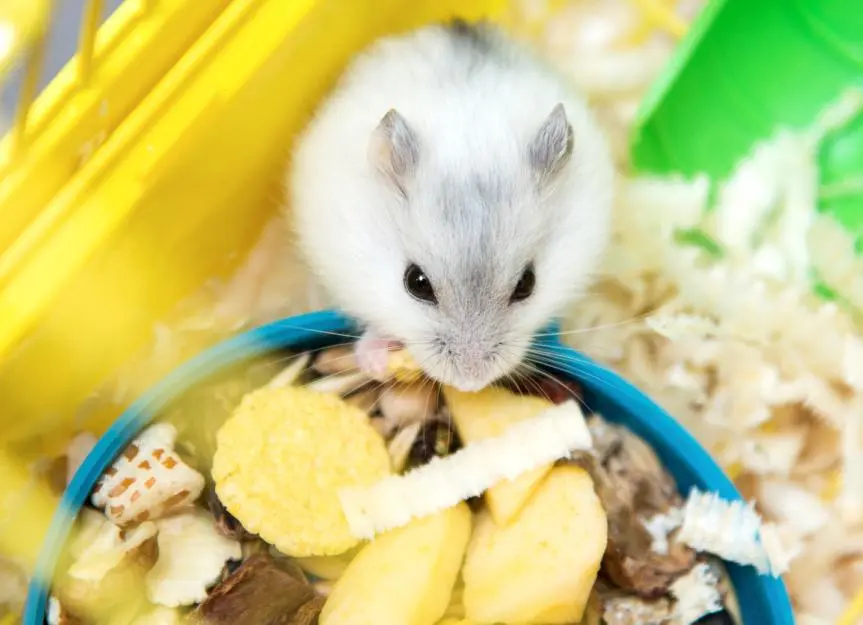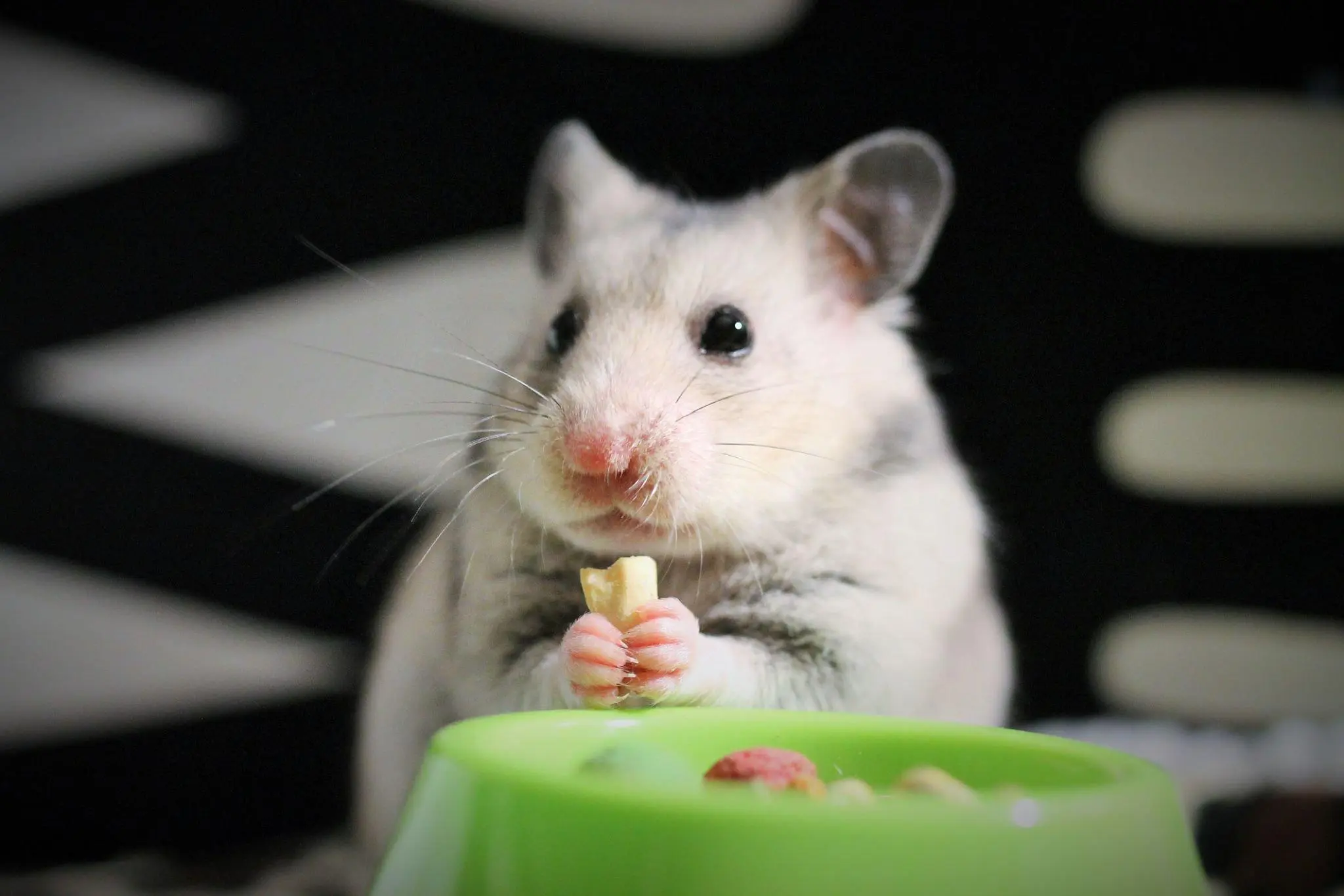As a hamster owner, you need to understand what your pet needs nutrition-wise. In this blog, I’ll discuss the various food items that your hamster can safely enjoy, along with some tips for a balanced and nutritious diet.
Fruits and Vegetables

Hamsters can eat a variety of fruits and vegetables, which provide essential vitamins, minerals, and fiber. However, it’s important to remember that these should be given in moderation, as too much can lead to digestive issues or obesity. Here are some fruits and vegetables that your hamster can enjoy:
1. Apples
Apples are rich in both soluble and insoluble fiber, such as pectin, hemicellulose, and cellulose, which can help with digestion and overall gut health. They are also a good source of vitamins and antioxidants that can support your hamster’s immune system.
2. Blueberries
Blueberries are packed with antioxidants, which can help protect your hamster’s cells from damage. They also contain essential vitamins and minerals that contribute to overall health.
3. Watermelon
Watermelon is a hydrating fruit that provides essential vitamins and minerals, such as vitamin C and potassium. These nutrients can help support your hamster’s immune system and maintain proper electrolyte balance.
4. Pineapple
Pineapple is rich in vitamins, minerals, and enzymes like bromelain, which can aid digestion and support overall health. However, it should be given in moderation due to its acidity and sugar content.
5. Mango
Mangoes are high in vitamins A, C, and E, as well as antioxidants that can help support your hamster’s immune system and overall health. They also contain dietary fiber, which can aid digestion.
6. Cherries
Cherries provide vitamins and antioxidants, such as anthocyanins, which can help protect your hamster’s cells from damage. They also contain melatonin, a hormone that can help regulate sleep patterns.
7. Strawberries
Strawberries are a good source of vitamin C, manganese, and antioxidants, which can help support your hamster’s immune system and overall health. They also have fiber, which help with digestion.
8. Bananas
Bananas are rich in potassium, which can help maintain proper electrolyte balance in your hamster’s body. They also contain vitamin C and dietary fiber, which can support overall health and digestion.
9. Avocado
Although high in fat, avocados contain healthy monounsaturated fats, which can support heart health. They’re also a good source of vitamins, minerals, and antioxidants that can contribute to overall health. However, please take note that the pit and skin of avocados are toxic to hamsters, and only feed the flesh of this fruit to your hamster — and in small amounts too.
10. Cantaloupes
This melon is a good source of vitamins A and C, which can boost your hamster’s immune system and overall health. It also contains potassium, which can help maintain proper electrolyte balance.
Please remember that fruits should be given in moderation to hamsters due to their sugar content. Always remove any seeds or pits, as they can be harmful to your pet
Protein Sources

Hamsters are omnivores and can benefit from the occasional protein in their diet. Here are some safe protein options for your hamster:
1. Eggs
Eggs are an excellent source of high-quality protein, containing all the essential amino acids your hamster needs. They also provide essential nutrients like vitamins A, D, and B12, as well as minerals like selenium and choline. Cooked and unseasoned eggs can be fed in small amounts to support your hamster’s growth, maintenance, and overall health.
2. Cheese
Cheese is a good source of protein and calcium, which can help support your hamster’s bone health and muscle function. Opt for low-fat, mild cheese varieties, and offer them in small amounts, as excessive consumption can lead to obesity and digestive issues.
3. Chicken
Chicken is a lean protein source that provides essential amino acids, vitamins, and minerals like iron, zinc, and B vitamins. We recommend cooking the chicken before serving it to your hamster — it should be unseasoned as well.
Grains and Seeds

Whole grains and seeds are an essential part of a hamster’s diet, providing energy, fiber, and essential nutrients. Here are some grains and seeds that your hamster can enjoy:
1. Bread
Whole-grain bread is a good source of complex carbohydrates, fiber, and essential nutrients like B vitamins, iron, and magnesium. Small amounts of whole-grain bread can help support your hamster’s energy levels and digestion.
2. Peanuts
Peanuts are a good source of protein, healthy fats, and essential nutrients like vitamin E, B vitamins, and magnesium. Unsalted peanuts can be fed to your hamster in moderation, to prevent obesity.
3. Popcorn
Plain, unsalted, and air-popped popcorn is a low-calorie whole grain that provides fiber, essential nutrients, and antioxidants for your hamster. If you want to #Netflix&Chill with your pet, this is a fun way to go about it.
4. Sunflower seeds
Sunflower seeds are a good source of healthy fats, protein, and essential nutrients like vitamin E, B vitamins, and magnesium. Exercise moderation when feeding this to your pet to avoid obesity though.
5. Pumpkin seeds
Pumpkin seeds are rich in nutrients like protein, healthy fats, magnesium, zinc, and antioxidants. Your hamster will thank you for feeding them this. However, be careful not to get them fat!
6. Flaxseeds
Flaxseeds are a good source of omega-3 fatty acids, fiber, and essential nutrients like magnesium and manganese — improving the heart health, digestion, and overall well-being of your hamster.
Feeding Tips and Precautions
For your hamster to receive the best possible nutrition, consider following these additional tips and precautions:
Introduce new foods gradually

When introducing new fruits, vegetables, or other food items to your hamster’s diet, do so gradually to prevent digestive issues. Start with small amounts and monitor your hamster’s response — if the response is adverse, stop immediately.
Avoid high-sugar fruits
While some fruits can be beneficial, it’s important to limit high-sugar fruits like bananas, grapes, and raisins, as excessive consumption can lead to obesity and diabetes in your hamster.
Look out for allergies
Just like humans, hamsters can have allergies or sensitivities to certain foods. If you notice any signs of an allergic reaction, such as itching, swelling, or difficulty breathing, remove the suspected food item immediately and consult your veterinarian.
Provide a balanced diet
Remember, a balanced diet for your hamster is key to their strong health. It should consist of a variety of food items, including commercial hamster food (such as pellets), fruits, vegetables, and the occasional protein. Avoid relying on a single type of food, as this can lead to nutritional deficiencies.
Observe your hamster’s eating habits
Keep an eye on your hamster’s food intake and preferences. If you notice any changes in their eating habits or weight, adjust their diet accordingly and consult your veterinarian if you have concerns about their health.
Final Thoughts
In conclusion, providing your hamster with a balanced and varied diet is crucial for maintaining their health. A combination of high-quality commercial hamster food, fruits, vegetables, protein sources, and grains and seeds will ensure your pet receives all the necessary nutrients for a happy and healthy life. Remember, a well-fed and well-cared-for hamster is a happy hamster!
